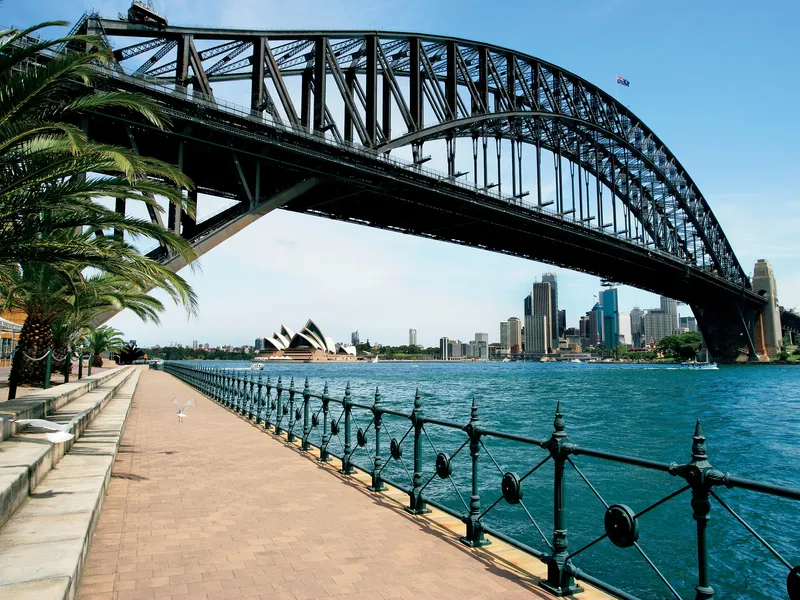Construction of the Zezeljev rail and road bridge across the Danube River is facing further delays, according to the Serbian government.
Work on the 470m-long new bridge was supposed to be finished by this month. But national elections and changes of government have hampered progress, Serbian media have reported.
The original bridge was completed in 1961 as a single-track railway line and separate roadway between the cities of Novi Sad and Petrovaradin. NATO attacked the structure five times during its campaign against Yugoslavia, of which Serbia was a member. The bridge was damaged first on 20 April 1999 and finally destroyed four days later, according to Edgar Martin, a waterways transportation consultant working in the Balkans.
Construction of the new bridge forms part of an
Completion of the bridge is not now likely to be in the spring of next year. Spanish company
The minister also expressed concern over slow progress of works on Ub-Obrenovac part of the Corridor 11 motorway.
Serbia’s president Aleksandar Vucichas said he plans to visit the Surcin-Obrenovac section of Corridor 11. China Construction Communication Company began work on the 18km motorway in March 2017, with completion expected by the end of 2019. Value of works is estimated at €208 million, and is financed by China's Exim Bank, while Serbian roads company Putevi Srbije is the investor.
Progress on Serbia’s Zezeljev bridge replacement is slow
Construction of the Zezeljev rail and road bridge across the Danube River is facing further delays, according to the Serbian government. Work on the 470m-long new bridge was supposed to be finished by this month. But national elections and changes of government have hampered progress, Serbian media have reported. The original bridge was completed in 1961 as a single-track railway line and separate roadway between the cities of Novi Sad and Petrovaradin. NATO attacked the structure five times during its camp
August 30, 2017
Read time: 2 mins








